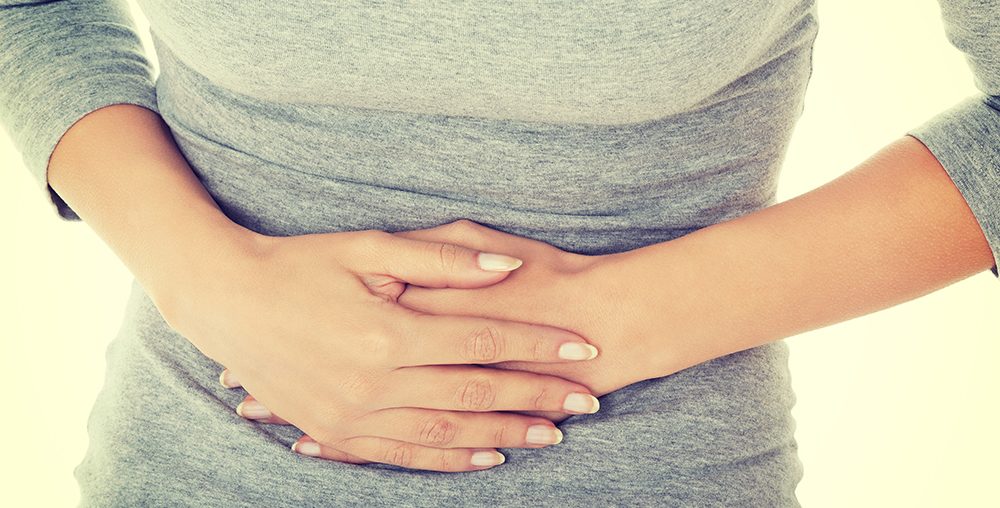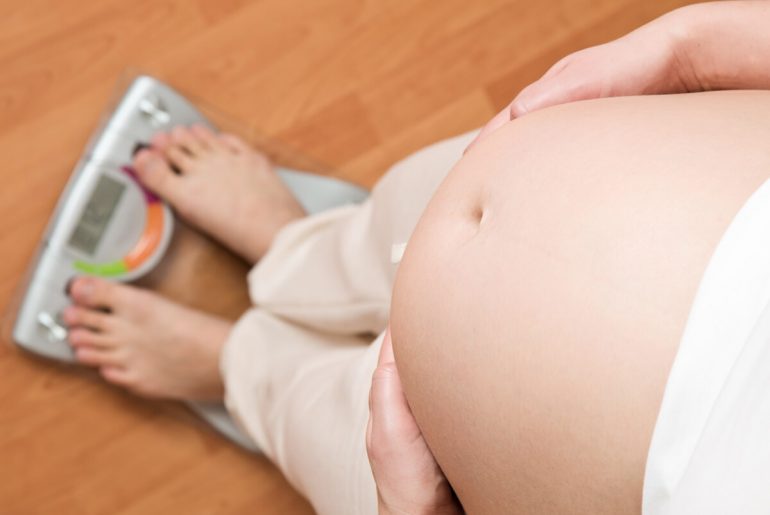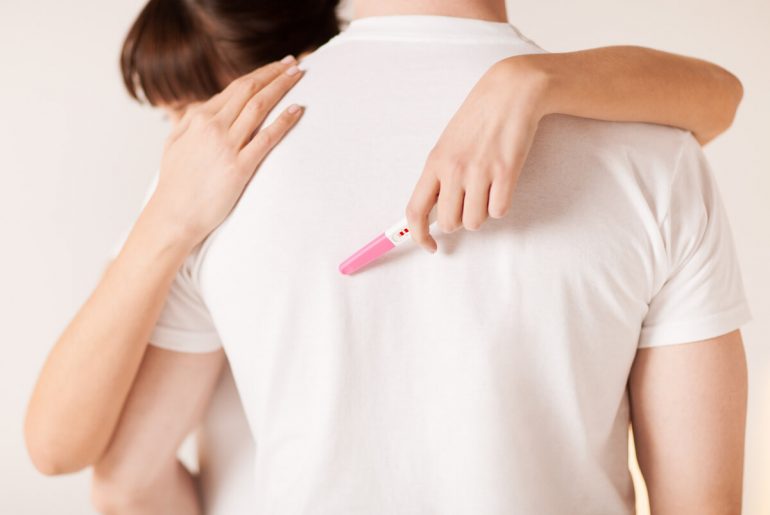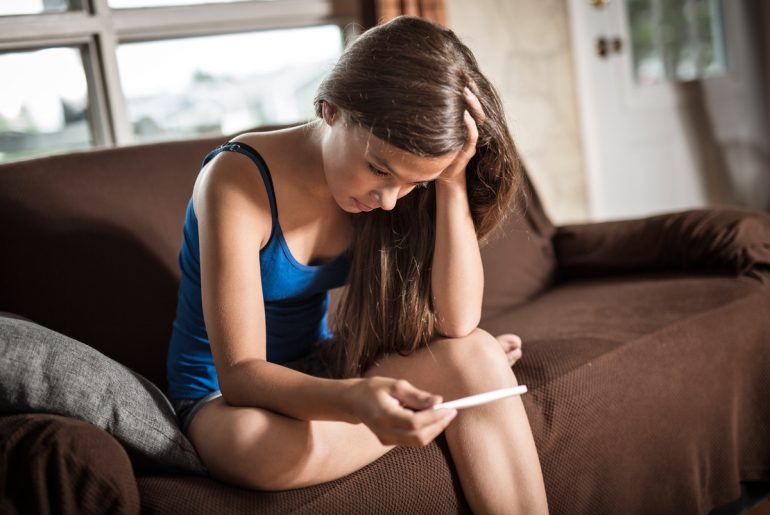Are you experiencing heavy bleeding during periods each month with back breaking cramps? Do you feel sluggish and bloated for nearly half the month? Is irregular bleeding the norm for your periods? If you answered yes to even 2 of those questions, then you may be suffering from fibroids. Many women refuse to visit the doctor for fibroid treatment because they don’t experience discomfort enough to affect everyday life or are unaware that these symptoms could mean something more serious like fibroids in uterus.
What are fibroids?
Fibroids are tumor-like growths in the uterus. They can be as small as a pea or may grow up to the size of a tennis ball.They are usually seen in women between 40-50 years of age.
Uterine fibroids facts:
- They are benign tumors that grow in the uterus
- They do not necessarily lead to cancer in the future
- They often have no symptoms

Causes of fibroids
- Their exact cause is unknown. They usually begin as the cells in the muscular walls of the uterus begin to overgrow. Fibroids are under the influence of estrogen and progesterone which are at their peak in the childbearing age group. Fibroids begin to shrink in size around menopause as the hormone levels begin to dip.
Symptoms of fibroids
The symptoms of fibroids evolve very slowly over many years or very rapidly over a short period of time and vary from person to person. Many women show mild or no symptoms and may not require treatment at all. Symptoms usually include:
- Prolonged periods with heavy bleeding
- Painful periods
- Spotting before or after periods
- Bleeding in between periods
- Pain in the abdomen region, back and pelvis
- Pain during sex
- Frequent episodes of urination
- Infertility
- Complaints during pregnancy like premature labour, or placental abruption (placenta gets separated before the baby is delivered)
Why do fibroids in uterus make your periods so painful?
Fibroid pain will depend on the size and location of the fibroids in uterus. They can make your periods painful for many reasons:
- Sometimes the fibroids may outgrow their own blood supply and begin to die. As this happens, the byproducts of the fibroid may lead to crampy pain.
- If the fibroids show presence of a stalk that is attached inside or outside the uterus, twisting of the stalk can affect the blood supply and lead to pain.
- If the fibroids are very large, they alter the shape of the uterine wall that leads to pain and pressure symptoms.
How are fibroids diagnosed?
Your gynaecologist may suspect uterine fibroids based on your symptoms. By performing a pelvic exam she will try to confirm if you have fibroids. You may also be asked to do an ultrasonography or a hysterosonogram to confirm the diagnosis. If you have heavy menstrual bleeding, you may be asked for a complete blood count to check for anaemia.
How to deal with the emotional stress from fibroids?

Fibroids can lead to a lot of stress which can be a debilitating experience and strain her relationships. The severe pain, and interrupted sleep can lead to a vicious cycle that is mentally and physically exhausting. The uterus pain can be severe enough to make day to day activities difficult. The lack of energy can lead to low sex drive, with women expressing their concerns of their husband cheating on them. One might even feel that she won’t be able to accomplish anything in life because of this constant ‘drained out feeling’, leaving behind low esteem and confidence due to a condition that is manageable medically.
Does my wife/ girlfriend have any hope for fibroid treatment?
Fibroids are not life threatening, but must be attended to at the earliest. Fibroids are better treatable today than before. One need not endure this pain as newer treatments are been made available that allow you to enjoy a normal life. You can try these for reducing menstrual pain:
- Drugs like ibuprofen can help in relieving menstrual cramps.
- You can use a heating pad to improve blood flow in the pelvic region.
- Use sanitary napkins instead of tampons.
- Lie on your back and take rest, place a pillow under your knees to help with the pain.
If your complaints are not relieved using the above methods you may need medical help. Birth control pills help in controlling the periods and the pain while also preventing a pregnancy. Intrauterine devices release small amounts of hormone to reduce the heavy bleeding. Iron supplements should be taken to compensate for the blood loss.
Surgery is advised only when despite all medical treatment, the symptoms still continue affecting the quality of life. Myomectomy (removal of fibroids) or hysterectomy (surgical removal of uterus) are the two options advised.
A non-surgical option called Uterine Embolization of Fibroid is also available. This procedure blocks the artery that supplies blood to the fibroids which eventually destroys them.
What should I do if I have fibroids?
If you think you have fibroids, visit your gynaecologist. Your specialist will take a thorough history of your complaints and perform a pelvic exam and order imaging tests like an ultrasound or MRI to confirm the diagnosis. Once confirmed, your doctor will explain all the various treatment options best suited for you.
Don’t ‘cope’ with your illness, it’s time to visit your doctor to explore the most appropriate treatment plan for you. Alternatively, talk to a women’s health specialist at Visit App.





